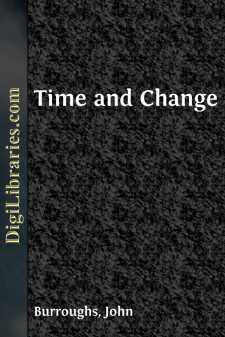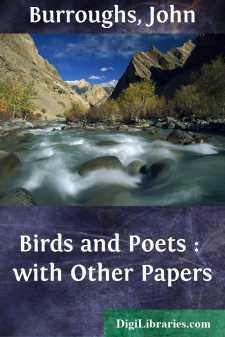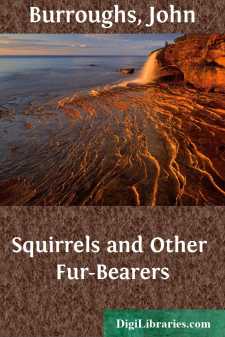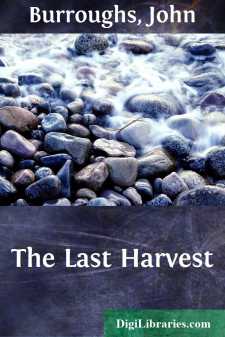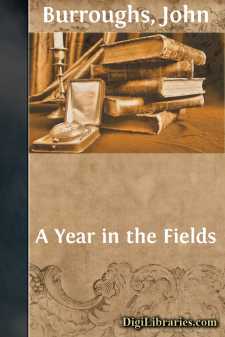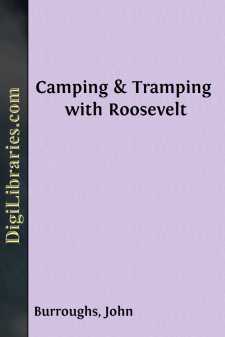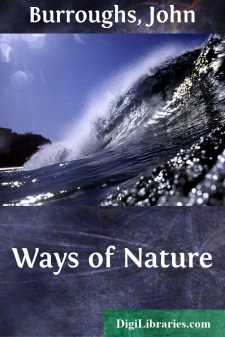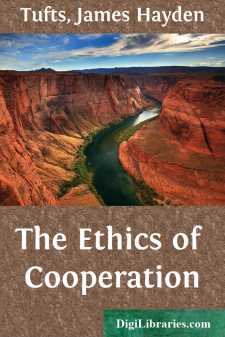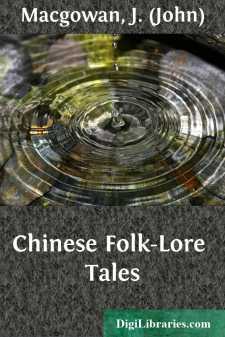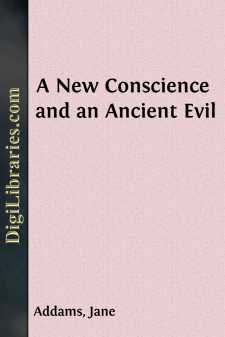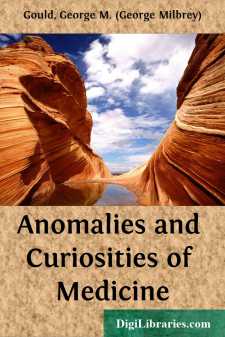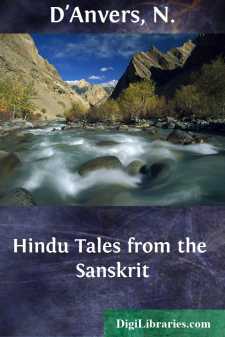Categories
- Antiques & Collectibles 13
- Architecture 36
- Art 48
- Bibles 22
- Biography & Autobiography 815
- Body, Mind & Spirit 144
- Business & Economics 28
- Children's Books 18
- Children's Fiction 14
- Computers 4
- Cooking 94
- Crafts & Hobbies 4
- Drama 346
- Education 58
- Family & Relationships 59
- Fiction 11833
- Games 19
- Gardening 17
- Health & Fitness 34
- History 1378
- House & Home 1
- Humor 147
- Juvenile Fiction 1873
- Juvenile Nonfiction 202
- Language Arts & Disciplines 89
- Law 16
- Literary Collections 686
- Literary Criticism 179
- Mathematics 13
- Medical 41
- Music 40
- Nature 179
- Non-Classifiable 1768
- Performing Arts 7
- Periodicals 1453
- Philosophy 65
- Photography 2
- Poetry 896
- Political Science 203
- Psychology 44
- Reference 154
- Religion 515
- Science 126
- Self-Help 85
- Social Science 82
- Sports & Recreation 34
- Study Aids 3
- Technology & Engineering 59
- Transportation 23
- Travel 463
- True Crime 29
Our website is made possible by displaying online advertisements to our visitors.
Please consider supporting us by disabling your ad blocker.
Time and Change
by: John Burroughs
Categories:
Description:
Excerpt
THE LONG ROAD
I
The long road I have in mind is the long road of evolution,—the road you and I have traveled in the guise of humbler organisms, from the first unicellular life in the old Cambrian seas to the complex and highly specialized creature that rules supreme in the animal kingdom to-day. Surely a long journey, stretching through immeasurable epochs of geologic time, and attended by vicissitudes of which we can form but feeble conceptions.
The majority of readers, I fancy, are not yet ready to admit that they, or any of their forebears, have ever made such a journey. We have all long been taught that our race was started upon its career only a few thousand years ago, started, not amid the warrings of savage elemental nature, but in a pleasant garden with everything needed close at hand. This belief has faded a good deal in our time, especially among thoughtful persons; but in a modified form, as the special creation theory, it held sway in the minds of the older naturalists like Agassiz and Dawson, long after Darwin had launched his revolutionary doctrine of our animal origin, putting man in the same zoological scheme as the lower orders.
We are slow to adjust our minds to the revelations of science, they have been so long adjusted to a revelation, so-called, of an entirely different character. It gives them a wrench more or less violent when we try to make them at home and at their ease amid these new and startling disclosures. To many good people evolution seems an ungodly doctrine, like setting up a remorseless logic in the place of an omnipresent Creator. But there is no help for it. Science has fairly turned us out of our comfortable little anthropomorphic notion of things into the great out-of-doors of the universe. We must and will get used to the chill, yea, to the cosmic chill, if need be. Our religious instincts will be all the hardier for it.
When we accepted Newton's discovery of the force called gravitation, we virtually surrendered ourselves to the enemy, and started upon a road, the road of natural causation, that traverses the whole system of created things. We cannot turn back; we may lie down by the roadside and dream our old dreams, but our children and their children will press on, and will be exhilarated by the journey.
It is at first sight an unpalatable truth that evolution confronts us with, and it requires courage calmly to face it. But it is in perfect keeping with the whole career of physical science, which is forever directing our attention to common near-at-hand facts for the key to remote and mysterious occurrences.
It seems to me that evolution adds greatly to the wonder of life, because it takes it out of the realm of the arbitrary, the exceptional, and links it to the sequence of natural causation. That man should have been brought into existence by the fiat of an omnipotent power is less an occasion for wonder than that he should have worked his way up from the lower non-human forms. That the manward impulse should never have been lost in all the appalling vicissitudes of geologic time, that it should have pushed steadily on, through mollusk and fish and amphibian and reptile, through swimming and creeping and climbing things, and that the forms that conveyed it should have escaped the devouring monsters of the earth, sea, and air till it came to its full estate in a human being, is the wonder of wonders....


